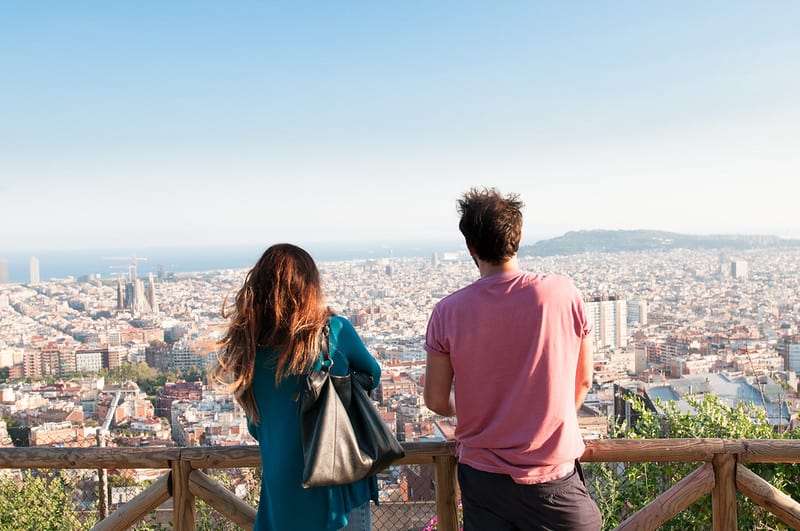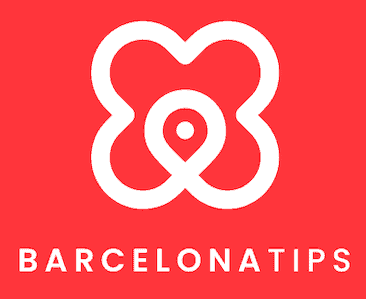Every year, millions of tourists from all over the world visit Barcelona. But what should you see and do during your city trip? What do you need to know about the city? How do you also get a taste of local life? In this article I will answer those questions and help you prepare an amazing city trip to Barcelona.
Contents
- What to do in Barcelona?
- The biggest highlights in Barcelona
- The best activities in Barcelona
- What you need to know about Barcelona
- Flying to Barcelona
- History of Barcelona
- Barcelona nowadays
Whether it is because of the fantastic location at the Mediterranean, the beach, the culinary delights, the historic center or the avant-garde architecture and stunning Catalan modernism, the vibrant nightlife, the cultural offerings or the possibilities for shopaholics: Barcelona has been extremely popular among city trippers and tourists for years. I too fell for the charms of the Catalan capital and have been living there for 22 (!) years now.
Read also:
TOP 20 – WHAT TO DO IN BARCELONA IN 2024 (LOCAL TIPS)
What to do in Barcelona?
When visiting Barcelona, you obviously want to see the main sights, but perhaps also enjoy the beach, good food, shopping and plan a fun active or cultural activity. My top 10 lists below may come in handy. And for more Barcelona tips look further on my website :-). If you are not into highlights or popular activities, or if you are an advanced Barcelona visitor, you might want to read the article with my top 16 hidden gems and activities.
The biggest highlights in Barcelona?
Of course, you don’t want to discover upon returning home that you missed the highlights, so save this list. These are Barcelona’s must-sees:
- Sagrada Familia
- Park Güell
- Camp Nou
- La Rambla
- The beach of Barceloneta
- Casa Milà
- Casa Batlló
- Montserrat (day trip)
- Old town
- La Boquería
Read also this super extensive article on sightseeing in Barcelona
Top 10 activities in Barcelona
There is plenty to do in Barcelona. A bicycle tour or walking tour with a guide shouldn’t be missing from your list, but there are plenty of other fun to do activities as well. These are the 10 most popular activities:
- Bike tour
- Hop on Hop off bus
- Walking tour in the old city
- Shopping
- Eating tapas
- Rent a bike
- Boat trip
- Climb to the bunkers
- Wine tour
- Concert in Palau de la Música
What you need to know about Barcelona
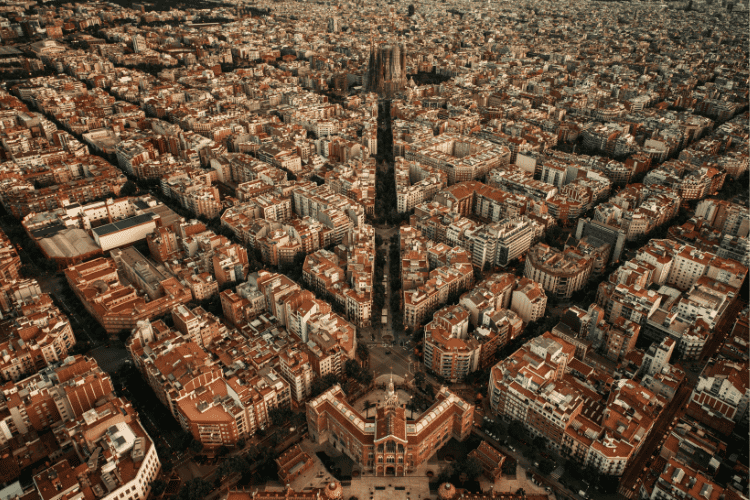
Where is Barcelona located?
Barcelona is located in Spain by the Mediterranean Sea about 120 kilometers south of the French border. That means the weather there is usually nice. The sea, the Sierra de Collserola hills, the Llobregat River and the Besós River are the city’s natural borders. Therefore, opportunities for expansion are limited.
Population
Barcelona is the capital of the autonomous region of Catalonia in northeastern Spain. The city has a population of about 1.6 million inhabitants, and with the suburbs it is over 5 million.
Weather in Barcelona
Not unimportant: the weather is generally nice in Barcelona. Before you leave, though, check the weather forecast so you know whether or not to bring that umbrella, or flip-flops.
Language
In Barcelona, Spanish is probably the most spoken language, but also Catalan can be heard everywhere. These are two different languages. They both derive from Latin. When I came to live in Barcelona as a student and was eager to learn Spanish, I had to get used to the fact that many expressions on the street are in Catalan, but with Spanish you can pretty much get by anywhere.
Catalans mostly speak Catalan among them and it is also the common language at official institutions and in public education.
Prices
In general, prices in Barcelona are lower than most EU countries, especially in the hospitality industry. Keep in mind that the major sights aren’t cheap to visit. It is advisable to purchase a discount card. It can also be useful to purchase a discount card for public transport.
Accommodation
Accommodation options in Barcelona are vast. From luxury hotels to cheap hostels. You can rent an apartment, book a B&B or go camping in the area. Renting and letting apartments through Airbnb that are not registered as tourist accommodations is prohibited, with the exception of a room.
Dining times
In Barcelona, locals eat at different times than in many other countries. The extended lunch (usually a hot meal) takes place between 1:30 and 4 pm, and dinner usually doesn’t start until 9 pm. Some restaurants only open at those times. Other places have continuous cuisine. Store opening hours are also different from ours.
Safety
As in any big city, Barcelona is crowded, and pickpockets take advantage of that. So always be alert to those around you. Other than that, Barcelona is generally a safe city.
Flying to Barcelona
Barcelona is easily accessible by plane. The city has a major international airport. In addition, the airports of Reus and Girona are not far away from Barcelona and it may be cheaper to fly there.
Instead of flying, you can also reach Barcelona by car, bus or train.
History of Barcelona
The Greek mythological figure Hercules is said to be the founder of Barcelona, although his half-brother Hermes is also sometimes mentioned. The name Barcelona is said to derive from the Carthaginian Hamilcar Barkas, father of Hannibal. But also, the name could possibly refer to “Barca Nona,” the “Ninth Ship,” because Hercules set off with nine ships to explore the Mediterranean, when he encountered the Montjuïc hill and decided to found a city here. To sum up, we don’t know the exact details.
Although there may well have been a settlement on the site of present-day Barcelona as early as Iberian times, this is not certain. Roman remains have been found however. After the Romans came the Visigoths, a Jewish community and the Moors.
In the 12th, 13th and 14th centuries, Barcelona developed into an important European trading center. With the marriage of Ferdinand II of Aragon, who also ruled in Catalonia, and Isabella of Castile in 1469, Madrid became the center of power. At the beginning of the 18th century in 1714, the Catalans lost the final battle of Barcelona.
Antoni Gaudí and modernism
The nineteenth and early twentieth centuries were marked by the industrial revolution, and Barcelona prospered during that time. In 1888 and in 1929, the city hosted the World Exposition, an important event for cities in those days. Catalan modernism flourished. Antoni Gaudí is the most important architect of this era.
Several bombings took place in Barcelona during the Spanish Civil War (1936-1939). After that, General Franco came to power in Spain. A period of oppression began for the Catalan people. In 1975 Franco died, ushering in a new era. Over the past decades, the Catalans’ call for independence has grown.
In 1992, Barcelona hosted the Summer Olympics. The city was transformed, Gaudí’s heritage rediscovered, streets and squares cleaned up and an urban beach was created on the coast. Barcelona made a smashing impression and managed to put itself on the world tourist map in one fell swoop. In the past 20 years, tourism in the city has grown explosively, partly because flying has become a lot cheaper. As a result, we have seen the city grow into a popular tourist destination.
Barcelona nowadays
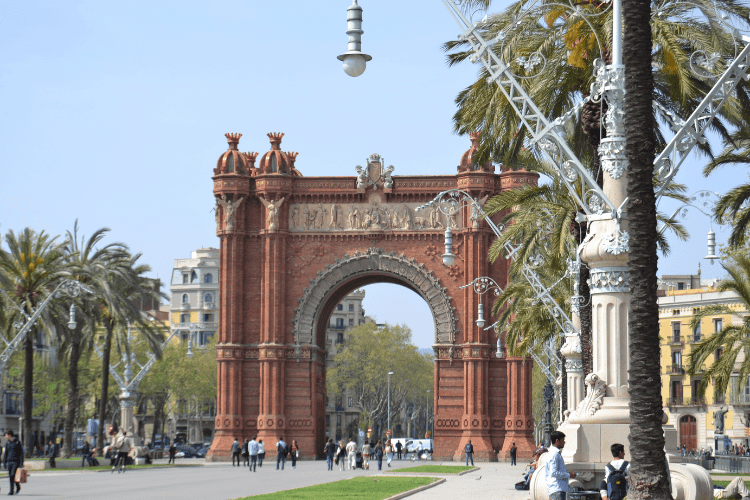
Nowadays, Barcelona is a cosmopolitan, multicultural metropolis. The city attracts emigrants, fortune seekers and highly educated talent from all over the world.
Barcelona is one of the most important financial, commercial and tourist cities in Spain. With its industrial port, the most important in the Mediterranean, good road connections and an international airport, Barcelona also has excellent infrastructural facilities.
About 7.5 million tourists visit Barcelona every year. They come to see the famous modernist heritage of Antoni Gaudí, one of its major attractions. In addition, the city offers much more in terms of culture. Prestigious museums such as the Picasso Museum. And, of course, FC Barcelona. It is therefore a popular destination for football trips.
The fact that Barcelona offers a combination of a city trip and a beach vacation is also attractive to many tourists. Moreover, the Catalan capital is always vibrant. New museums, festivals, hotels are opening every year, which means that even if you have been to Barcelona dozens of times – or, like me, have lived in the city for years – there’s alsway something new to discover. One thing is for sure: you will never get bored.
